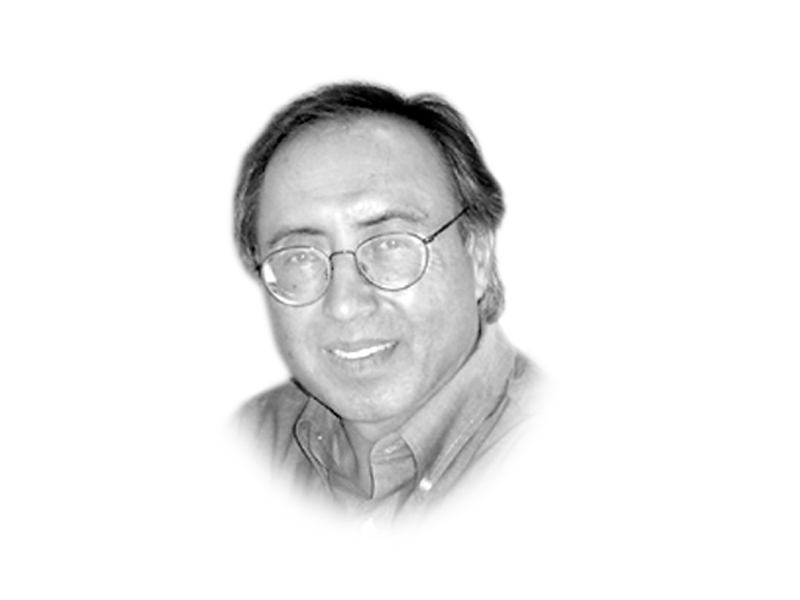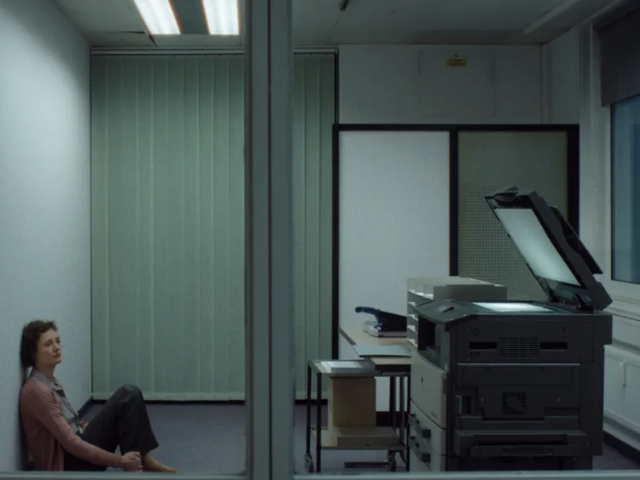
Like many of you, I have seen the farce on Jinnah Avenue that went on for about four days and listened to Tahirul Qadri displaying the best of his art of oratory, political rhetoric and manipulation of public emotions. Impressive as the art was, one must analyse how leaders like him emerge and leave magical effects on people. It is not an ordinary thing to pull crowds on the scale that Qadri did in Islamabad from different parts of the country. It was amazing to see the total control he had on them. All along he was conscious and confident of his control over his followers and he didn’t hide it when he said, “I have their emotions sealed in my fist.”

This is the control I am talking about and how it leads to manipulation of people by use of religious networks, symbolism and emotions. Religious leaders like Qadri are perpetually high on the opium of self-righteousness and project the self-image of an angel. People of all types, not just the ‘illiterate’, flock around them, believing in them and their vision and ability to lead them to some destiny. In their blind faith, people sacrifice their pleasures, comforts, possessions, families and even children. This is an unfortunate side of most popular religions — they make their followers believe that the more they suffer, the more they endure misery and the more they renounce the world and themselves, the dearer they would be to God, to their Creator and to demagogues and preachers.
While guessing what would be the next command of Qadri — speaking in frustration from his container — which his followers would be certain to carry out at the risk of their lives and that of their families, my thought went to the James Town tragedy of November 18, 1978 in a jungle of Guyana. Jim Jones, the founder of Peoples Temple, a cult, ordered his followers to commit collective suicide, the largest ever in history. Parents killed their children first by giving them cyanide. Deaths included forced taking of poison. His followers included a Congressman as well. Think hard what blind religious following can do to the individual and society — the numbing effects.
Thankfully, a tragedy has been averted in Islamabad. The government, acting on time and giving the preacher a face saving in the form of a declaration, has politely evicted him from Jinnah Avenue. There is a debate and it will go on for a while about who gained from this drama and what all this was about. We have to think of the more challenging aspects of religion and the impact of religious preachers on Pakistani society, and think more deeply about which way religious tides, quite often in conflict with each other, can turn Pakistani society. All religious streams, with some exceptions, have the deadly mix of packed tragedies — the evil, the final apocalypse and the saviour. We saw all this at Jinnah Avenue. The farce is that the ‘evil’ and the ‘saviour’ joined hands, laughed together and declared victory for ‘democracy’.
Published in The Express Tribune, January 22nd, 2013.













COMMENTS
Comments are moderated and generally will be posted if they are on-topic and not abusive.
For more information, please see our Comments FAQ